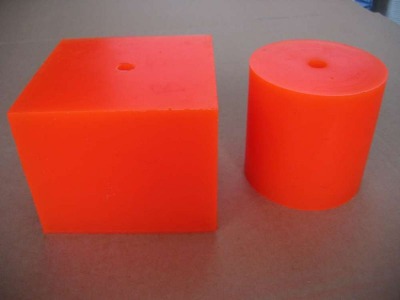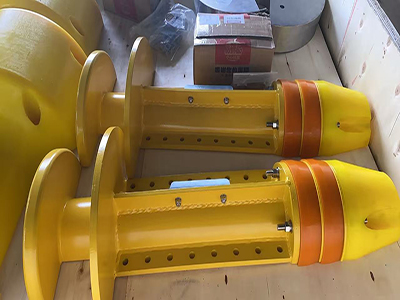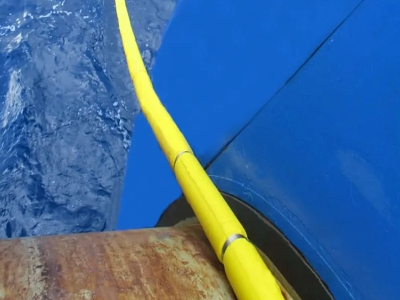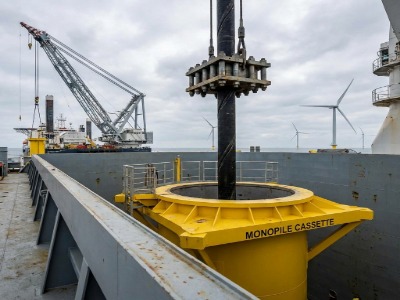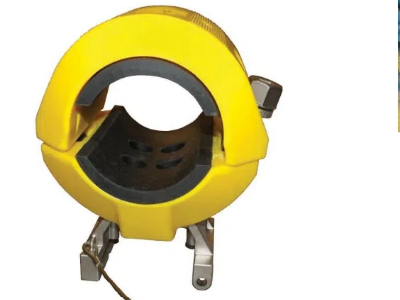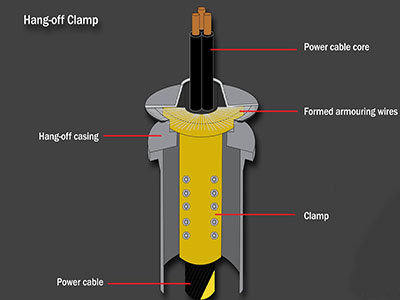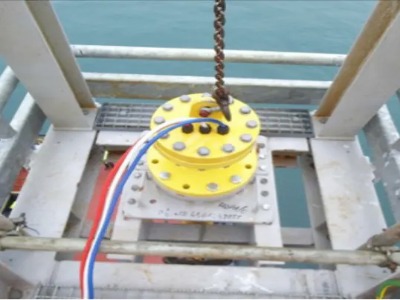Recently, as Vietnam accelerates its marine energy development, the Submarine Polyurethane Cable Bend Restrictors supplied by Chinese enterprise have been successfully applied to several key projects. Leveraging core advantages tailored to Vietnam’s marine environment, such as high temperature and humidity resistance and typhoon resilience, these products mark the large-scale landing of Chinese intelligent marine engineering protection equipment in the Southeast Asian market.
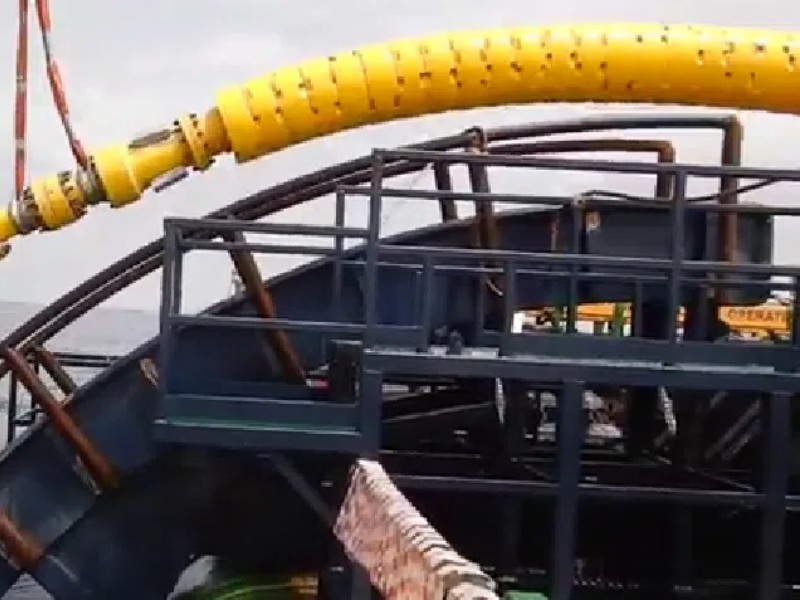
Addressing Pain Points: Customized Solutions for Vietnam’s Marine Engineering Needs
As a core market for marine energy development in Southeast Asia, Vietnam is fully advancing its target of 6 GW offshore wind power installed capacity by 2030, while accelerating oil and gas resource extraction on its southern continental shelf. However, limited coastal infrastructure, frequent typhoons, and severe salt spray corrosion in its waters impose strict requirements on submarine cable protection equipment.
The polyurethane bend restrictors custom-developed by Chinese enterprises feature a tailored hardness range of 80-85D, integrating salt spray corrosion resistance, UV protection, wear resistance, and flame retardancy. With a tested bending life exceeding 8 million cycles, the products significantly extend cable service life in Vietnam’s dynamic marine environment, perfectly matching the local high-temperature and high-humidity climatic conditions.
Technological Breakthrough: Modular Design Solves Construction and Adaptability Challenges
Adopting a haff-split symmetrical half-tube design, the product enables quick assembly through clamp rings and slots, greatly simplifying construction processes in Vietnam’s coastal areas with weak infrastructure. Its modular interlocking structure supports on-demand expansion of protection length—standard 5-meter units can be flexibly customized to meet the tens to hundreds of meters of dynamic cable protection needs of Bac Lieu Province Offshore Wind Farm.
In terms of bending space optimization, the combination of upper and lower half-tubes forms a semi-cylindrical bending channel, providing a bending radius of ≥3.5 times the cable diameter. Meanwhile, interference fit between positioning pins and holes limits relative rotation, ensuring the stability of multi-module series connection. This design has been fully verified in the steep slope terrain of the White Tiger Oilfield on Vietnam’s southern continental shelf, effectively avoiding the risk of excessive pipeline bending.
Practical Verification: Core Advantages Demonstrated in Three Key Scenarios
1. Oil and Gas Field Pipeline Reinforcement: Building a Safety Barrier
In the White Tiger Oilfield project under Vietsovpetro, the J-type mechanically locked bend restrictors address complex terrain and ocean current impacts, minimizing oil and gas leakage risks from the source and providing critical support for stable oilfield production. Previously, similar Chinese intelligent equipment had gained high recognition from Vietnamese partners during the module hoisting project of Vietnam’s oilfield by the “Zhongtian 39” crane vessel.
2. Offshore Wind Power Protection: Withstanding Extreme Loads
During the 2024 Typhoon Dianmu, polyurethane bend restrictors deployed in Ben Tre Province’s floating wind power project successfully dispersed dynamic loads through their high elastic modulus, resisting 8-ton lateral pressure. This prevented cable fatigue damage caused by tidal impacts and anchoring stress, verifying the product’s stable performance under extreme weather conditions.
3. New Energy Pilot: Empowering Intelligent Operation and Maintenance
In the Wave Hub wave energy test project in Ca Mau Province, polyurethane restrictors integrated with intelligent stress sensors enable real-time cable status monitoring. This provides data support for remote operation and maintenance in typhoon-prone areas, exploring new paths for the intelligent application of protection equipment in the new energy sector.
Market Acceleration: Chinese Intelligence Becomes a Preferred Choice in Southeast Asia
Compared with traditional metal materials, polyurethane bend restrictors reduce transportation and installation costs by 30% for Vietnam’s remote offshore projects, thanks to their low density of 1.03kg/m³. They also offer standardized customization capabilities, seamlessly adapting to different cable specifications and auxiliary pipeline systems—achieving multi-system collaborative protection in Vietnam’s “Blue Whale” natural gas project.
Currently, Chinese polyurethane bend restrictors have transitioned from pilot applications to large-scale promotion in Vietnam. With core competitiveness of low cost, high return, and low maintenance, they have become key supporting equipment for Vietnam’s marine energy development. In the future, as the Southeast Asian marine engineering market continues to expand, Chinese intelligence will keep driving regional energy infrastructure upgrading through technological innovation. For detailed project cooperation plans, contact relevant suppliers for customized support.

